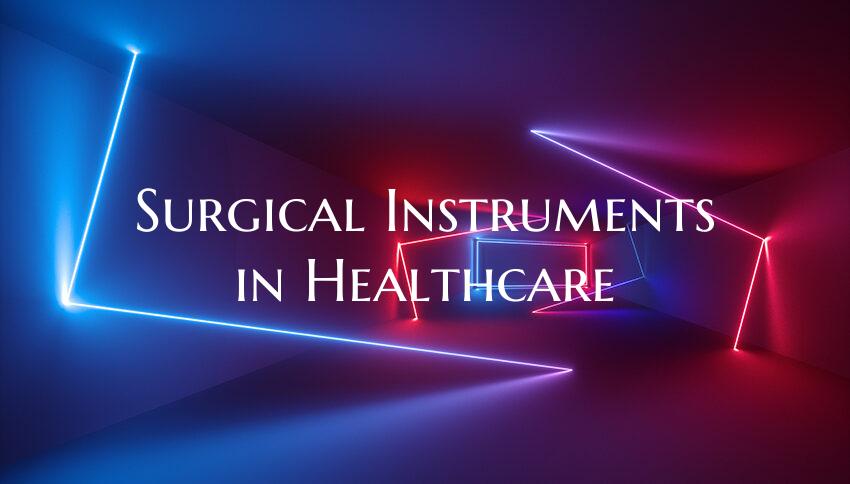Surgical Instruments in Healthcare
Surgical Instruments in Healthcare
Surgical instruments play a crucial role in healthcare, enabling healthcare professionals to perform intricate surgical procedures with precision and efficiency. These tools have evolved over centuries, from rudimentary devices to highly advanced instruments designed for specific surgical techniques. In today's modern medical practices, a wide array of surgical instruments is used across various specialties, including general surgery, orthopedics, neurosurgery, and more.
There are different categories of surgical instruments, each serving a specific purpose during surgical procedures. Cutting and dissecting instruments, such as scalpels and scissors, are used to make incisions and separate tissues. Grasping or holding instruments like forceps and clamps help surgeons manipulate tissues and organs during surgery. Hemostatic instruments like surgical clips and cautery tools are used to control bleeding during procedures. Retractors are essential for holding back tissues, providing better visibility and access to the surgical site.
Advancements in technology have led to the development of innovative surgical instruments that enhance surgical outcomes and patient safety. For example, laparoscopic instruments allow surgeons to perform minimally invasive procedures through small incisions, reducing patient recovery time and risk of complications. Robotic-assisted surgical instruments provide surgeons with enhanced precision and dexterity, particularly in complex procedures.
Proper care and maintenance of surgical instruments are essential to ensure their longevity and effectiveness. Sterilization practices must be strictly followed to prevent infections and cross-contamination between patients. Regular inspection and maintenance help identify any damaged or worn-out instruments that need to be replaced to maintain the quality of patient care.
In conclusion, surgical instruments are indispensable tools in modern healthcare, enabling medical professionals to perform critical surgical interventions with accuracy and safety. As technology continues to advance, the development of new surgical instruments will further improve surgical techniques and patient outcomes, shaping the future of healthcare.

